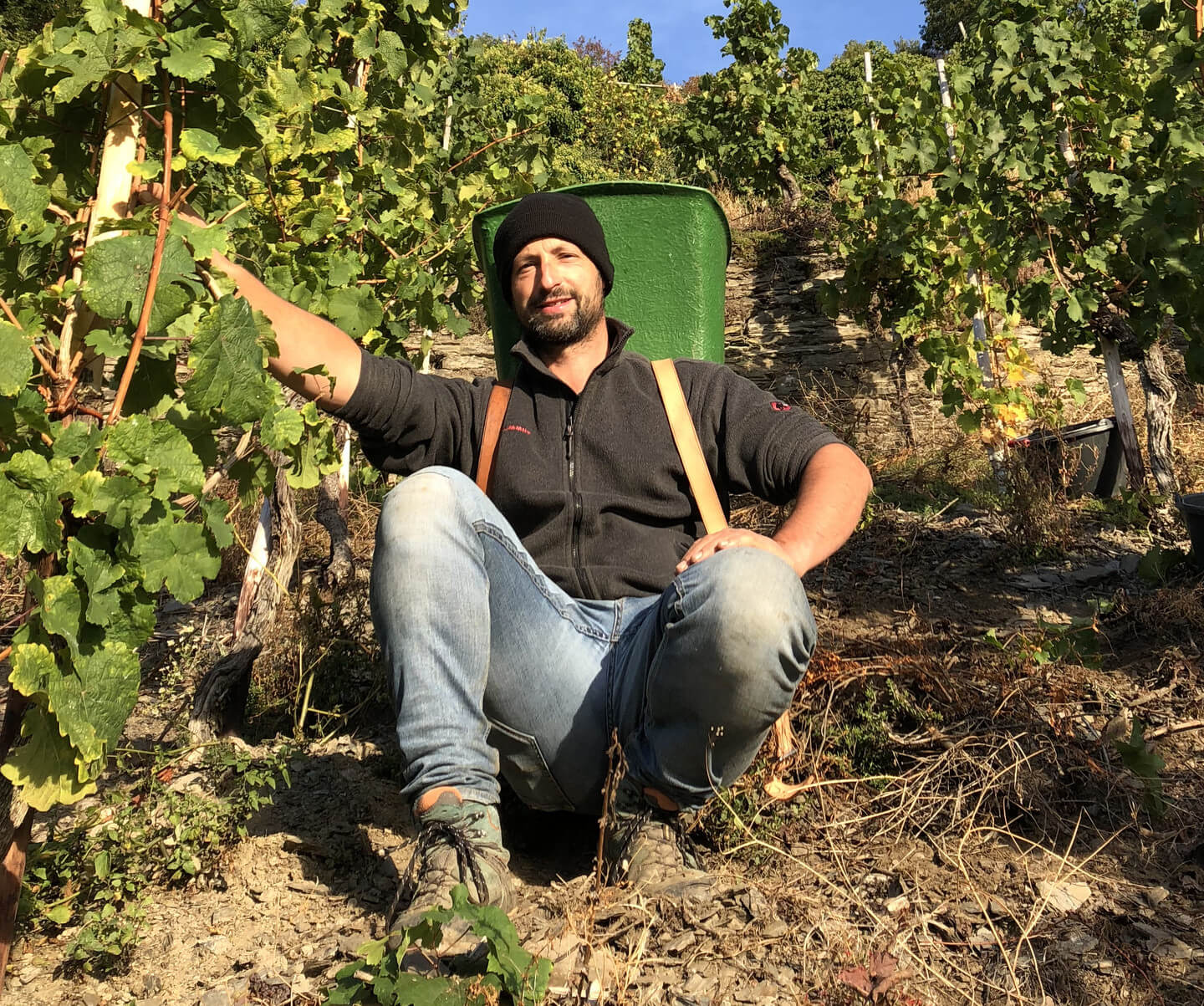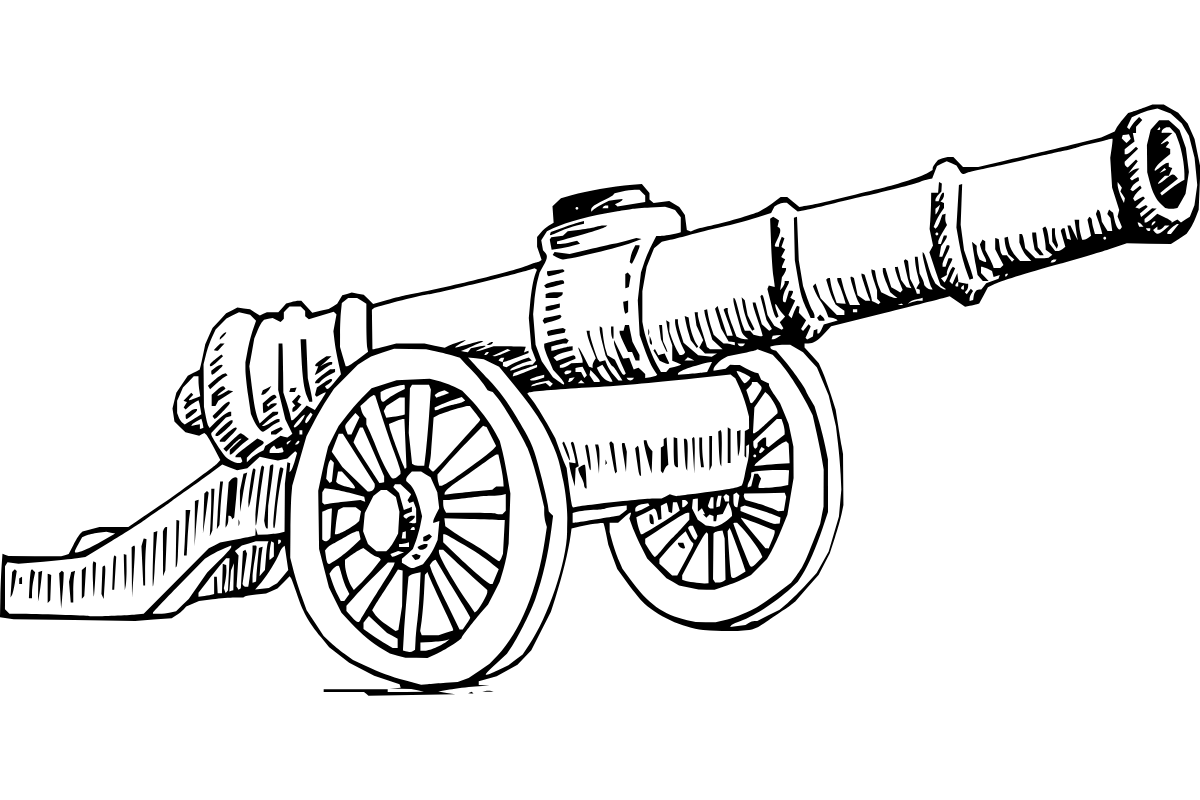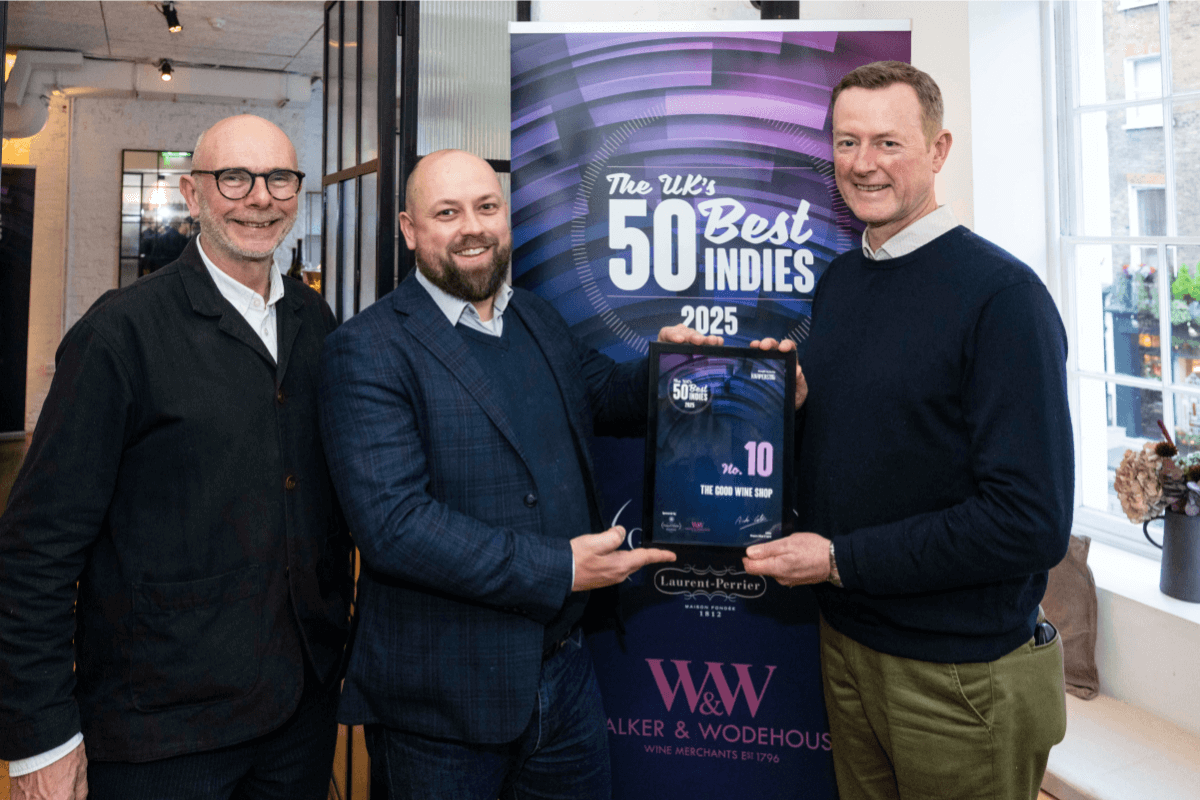
Unsurprisingly, it has been just over a year since I was last abroad. I miss the travel, meeting wine makers and tasting their wines in situ; there is really nothing quite like it, is there? You get to pick up some detailed gems of insider knowledge that help you understand them as people, and their wines, so much better.
Having paid visits to some of my favourite producers in the past 18 months and as The Good Wine Shop teams enjoy a ‘great story’, I have four brief producer profiles for you. I start in the south-east in the ‘lesser-spotted’ Franken region and travel homeward through the more famous Rheinhessen, Nahe and Mosel regions to the safety of my ‘stay home and drink well’ Englishman’s castle.

Horst Sauer & his daughter Sandra
Horst Sauer’s 146 miniscule plots nestle amongst the very steeply sloping, limestone-laden vineyards that skirt around the pretty village of Escherndorf, east of Wurzburg, and the meandering River Main. Horst almost single-handedly put the Franken region on the map in the UK, but his daughter, Sandra, has taken the reigns now and creates more elegant, zesty, mouth-watering wines with perfectly-balanced juiciness and a touch of texture; they are seriously underrated.
Fun fact: The traditional bottle of the region is called the bocksbeutel and it refers to a term for ram’s scrotum as, apparently, it resembled the shape!

Bjorn, Corina and Tobias Knewitz
Tobias Knewitz took over from his parents recently and together with his younger brother, Bjorn and his wife Corina, they have transformed this Rheinhessen estate. Discovering an emerging talent, such as Knewitz, is always thrilling, not least because the wines are still so modestly priced. The limestone-rich vineyards lend a mineral brilliance and precision to their wines and they are especially suited to the production of, not just high-class dry Riesling, but, Chardonnay as well.
Fun fact: The limestone bedrock of their vineyards was formed 40 million years ago as part of a large coral reef.

Harald Hexamer
Hexamer was originally a mixed farm in the Nahe region and when the current generation, Harald and Petra, took over in the 1990’s they only had a few hectares of vines and wine was made for family consumption. Having grown the vineyards, they harvest their grapes slightly later than their neighbours to create more generously fruited styles, but they always have a backbone of brightness and saline minerality to give the wines striking balance.
Fun fact: With 16 ha of their own forest Harald has plenty of trees he can hug. He plants beech seedlings around the trunks of oaks so they grow straight and future generations can use the heart of the wood for making knot-free, tightly-grained barrels.

Andreas and Barbara Adam
Andreas, aka A J Adam, and his sister Barbara, took over their grandparents’ winery in the Dhron, a tributary of the Mosel, just over 20 years ago. From the start they were determined to practice farming their steep, slate vineyards organically, and to take an uncompromising approach to making low alcohol wine with dazzling freshness, that is true to the terroir. Their Rieslings have a feather-lightness, are pitch-perfect and have a striking drive.
Fun fact 1: The Dhron lost a generation as the back-breaking work farming the steep, low-yielding vineyards, in a cooler climate than today, became unviable and people from the valley, including A J’s parents, sought employment elsewhere.
Fun fact 2: Andreas hires a helicopter (with a pilot) to spray the vineyards with organic treatments to keep the mildew at bay. It is just a little easier on the legs, and less life-threatening, than climbing up the precipitous, loose, slate slopes with 50 litres of organic treatments on your back!



